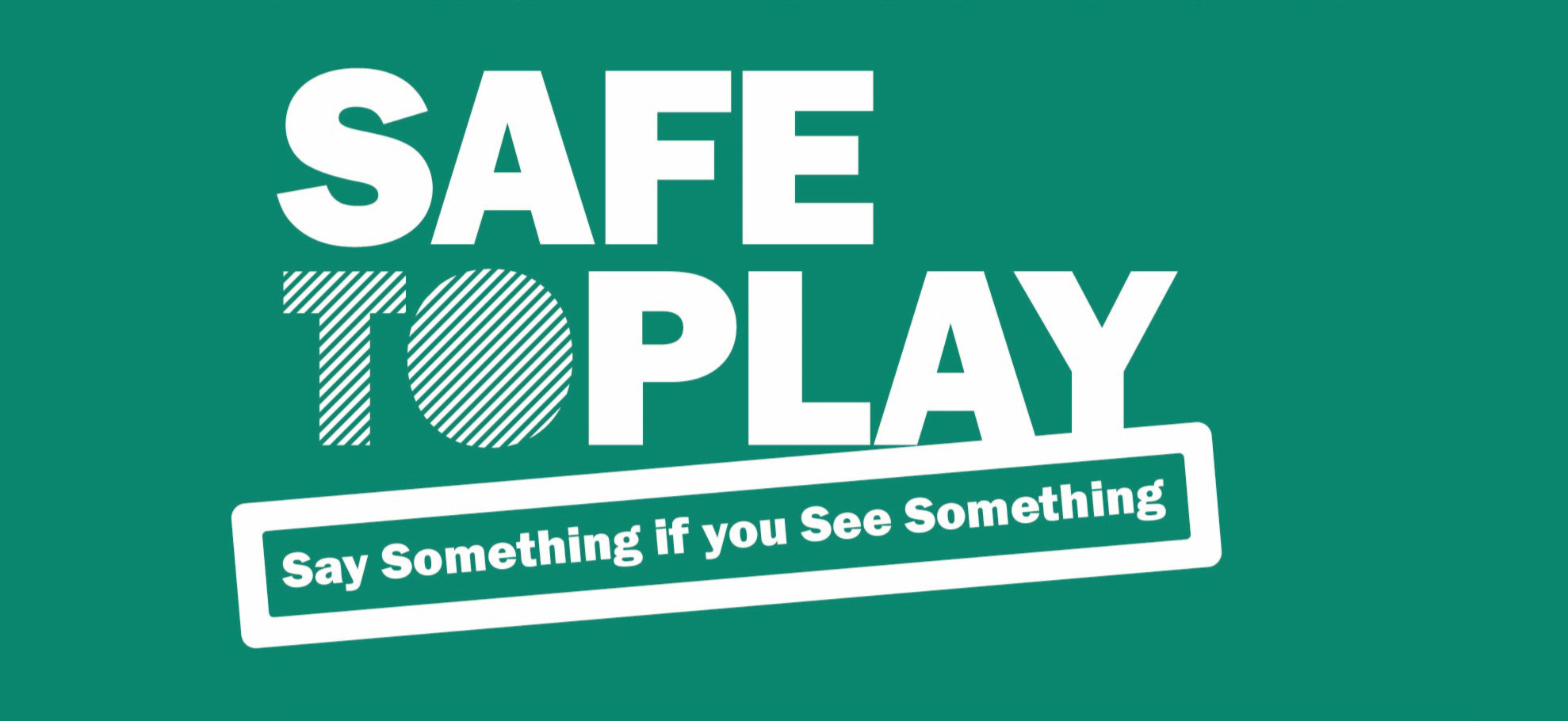Advice for parents and carers
Everyone involved in equestrian sport has a part to play to ensure children can ride in a safe and enjoyable environment. Member Bodies, centres and clubs, designated safeguarding officers, coaches, officials and parents/carers are all key to ensuring equestrian sport has effective safeguards in place.
What can I expect?
All British Equestrian Member Bodies and their associated clubs and centres must have a Safeguarding Children Policy, a Safeguarding Adults at Risk Policy and a Safeguarding Officer who has had a criminal record check that has been approved by their Member Body and be trained in safeguarding. All accredited coaches must hold an up to date criminal record check and be trained in safeguarding.
What can I do?
First, it’s important to know who’s helping your child with their horse or pony and their riding, to understand what’s expected of your child and, in turn, how you and their coach are expected to behave. A well-run club or centre will be happy to share how they organise things. Talk to those around you, and check out the centre or club’s website and social media pages (if they have them) because these will also give you some insights to their set-up. All are helpful in getting to know exactly what’s on offer.
As a guide, we would encourage you to ask your child’s club or centre the following questions...
- Is my child’s coach criminal record checked, safeguarding trained and qualified?
- How can I get a copy of the club or centre’s safeguarding policy and procedures?
- Who is the club/centre’s Safeguarding Officer for my child and how do I contact them?
- What is the role of the Safeguarding Officer?
- What should I do if I have a complaint?
- If I have a concern about a child or someone’s behaviour towards a child, what should I do?
- Do you have codes of conduct for the club/centre and where can I view them?
- How will you communicate with me or my child?
- How will you support my child’s medical and/or additional needs? (If appropriate)
What should I watch out for?
We would not expect centres or clubs to...
- Discourage you from staying to watch
- Have coaches showing favouritism or personally rewarding specific children
- Accept inappropriate physical contact between coaches and children
- A “win at all costs” attitude that impacts a child’s wellbeing
- Have coaches who invite children to spend time alone with them, or to visit or stay in their home
If you think any of these behaviours are happening, please contact your child’s Safeguarding Officer or your Member Body's designated Safeguarding Officer, or email the British Equestrian Safeguarding Team. If it's an emergency because a child or children are at immediate risk, then call the Police or Children’s Social Care in your area, or call the NSPCC 24-hour helpline on 0808 800 5000.
You have a right and a responsibility to ensure that your children are always safe.
Our commitment to you
British Equestrian is committed to...
- Implementing preventative safeguarding measures, including criminal record checks and safeguarding training
- Making the reporting of concerns as easy as possible via a network of Member Body-designated Safeguarding Officers and club/centre Safeguarding Officers.
- Ensuring safeguarding concerns are investigated swiftly and thoroughly, working with statutory agencies via British Equestrian's network of Member Body-designated Safeguarding Officers and British Equestrian's Case Management Team
Mental Health and WellBeing
We take the wellbeing of all young people very seriously and recognise the benefit which equestrian sport can bring to their personal development. Clubs and centres should be safe and supportive environments for all, and there are often adults within clubs and centres who become role models for the young people they are responsible for – in the same way that many top riders are. We're also aware that there are some stressors that can affect young people that are unique to equestrian sport. Things to consider are...
- The pressure to perform
- Comparisons with peers around ability, appearance or popularity
- Maintaining, gaining, losing or ‘making’ weight to qualify
- The strain of finding, maintaining or potentially losing a place on the team, horsepower or sponsorship
- An increased risk of online or cyber bullying due to their raised profile
- Dealing with media scrutiny and a lack of privacy
- Balancing personal and professional commitments
- Maintaining healthy relationships with peers from outside of the equestrian world
- Coping with the transition from grassroots to elite level and into retirement, either planned or unplanned
- Fear of injury to horse or rider
- Managing the emotional highs and lows of a riding career
- Equestrianism is strongly tied with an individual’s identity – there is a risk that young people leave sport and feel a loss of this identity
The websites listed below can help with understanding some of the issues affecting young people and how they may respond. They are designed for parents and young people, and give helpful advice specific to particular issues.
NSPCC My Magic Sports Kit – 'It's our game, not yours'
The following video shows children involved in different sports describing how the behaviour of parents and spectators deteriorates when the children wear their ‘magic sports kit’ – that is, when they compete.
The young people talk about a range of bad adult behaviours and how these negatively affect them. They then describe and promote positive behaviour.
Safe to play
For more safeguarding advice, educational videos and top tips for parents and participants, visit equestrian.safetoplay.co.uk.

